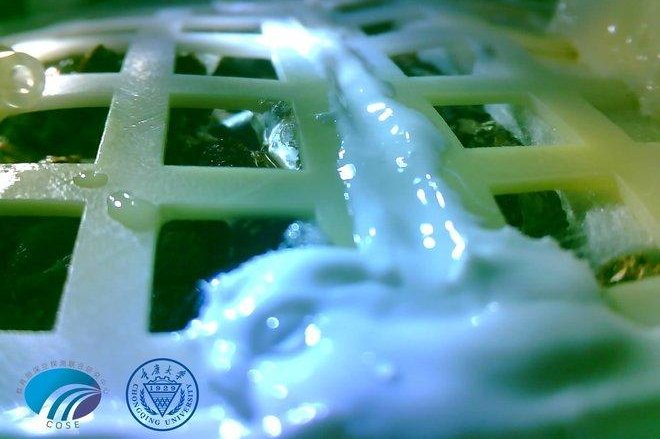Jan. 17 (UPI) -- Almost as soon as it started it was over. The seeds that sprouted on the lunar surface, inside the biosphere installed by China's Chang'e-4 probe, are now dead.
"Life in the canister would not survive the lunar night," Xie Gengxin, professor at Chongqing University, told China's state news agency earlier this week.















